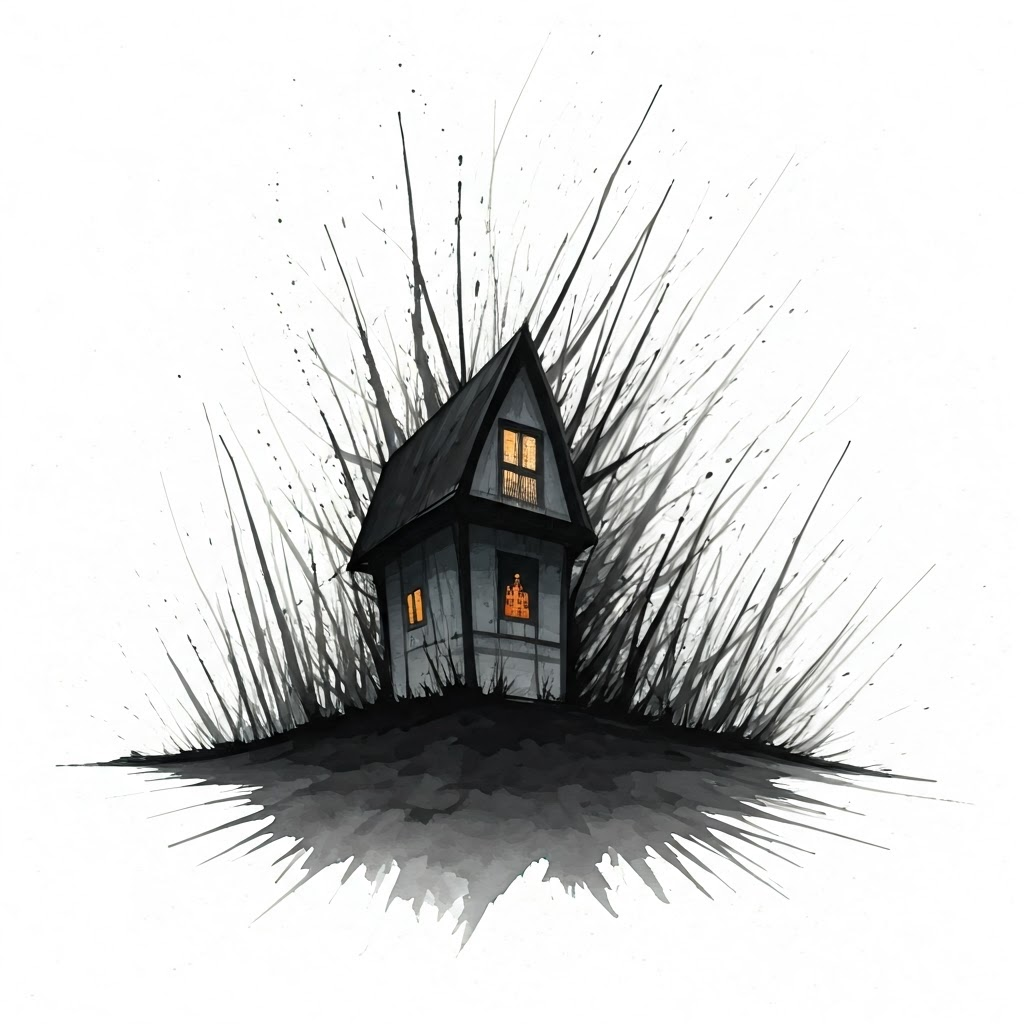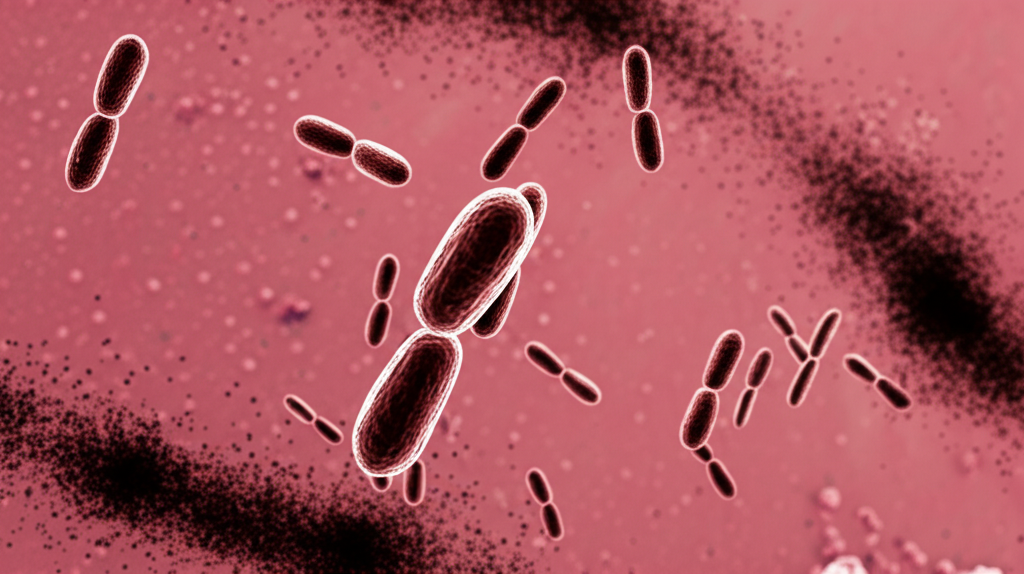In a world often overshadowed by health challenges, stories of resilience shine bright. This is the tale of Anna Akola, a twenty-year-old from Uganda, whose battle with mpox serves as a testament to hope and the power of community support. Join us as we delve into her journey from the depths of illness to the heights of recovery.
Key Takeaways:
- Anna Akola’s journey with mpox and her recovery process
- The WHO’s efforts in managing the mpox outbreak in Uganda.
- The role of community support in patient reintegration and recovery.
- Dispelling mpox stigma through education and community dialogue.
The Onset of a Mysterious Illness
Anna’s ordeal began with a nagging headache, a common ailment that soon escalated into a series of distressing symptoms. She experienced intense body pain, joint discomfort, and a burning sensation throughout her body. Her eyes turned red, and painful mouth sores made eating impossible. Initially misdiagnosed with malaria and ulcers, Anna’s condition only worsened.
A Journey to Pallisa General Hospital
After days of suffering and a failed attempt to recuperate at home, Anna was taken to Pallisa General Hospital. Here, she received the shocking news: she had mpox. Despite the initial shock, Anna decided to seek health care, a decision that would prove crucial in her recovery. As of 18 December 2024, Uganda had recorded 1,089 cumulative mpox cases.
Treatment and Support: A Beacon of Hope
The medical team at Pallisa General Hospital not only treated her physical ailments but also provided emotional support. Despite the hospital lacking a designated isolation ward, health workers converted a section of the pediatric ward into an improvised mpox isolation unit, allowing Anna to connect with others beyond the medical staff. She was provided with free treatment and three daily meals, thanks to the combined efforts of the Ugandan Government, WHO, and USAID. This speaks volumes about the collaborative approach in managing health crises.
Community Dialogue: Dispelling Myths and Stigma
Before Anna’s discharge, a multi-disciplinary team visited her village for a 45-minute community dialogue to educate the community on mpox. This involved discussing the disease’s causes, symptoms, prevention and also emphasized the importance of informing health workers about any potential cases. This initiative aimed to dispel myths and counter any stigmatization, ensuring Anna and other survivors could reintegrate back into their communities. The leader of Pallisa District mpox disease surveillance, Bernard Ikwaras, highlighted that mpox isn’t spread by recovered individuals. It is crucial to welcome them back into the community without prejudice. Anna’s father also joined this dialogue session and helped to dispel any further myths and fears. This session marked a pivotal point in fostering understanding and empathy.
What is Mpox?
Mpox, previously known as monkeypox, is a viral disease that can be transmitted through close contact with an infected person or animal, or contaminated materials. It was declared a Public Health Incident of International Concern by the WHO on August 14, 2024. Symptoms include fever, headache, muscle aches, and a characteristic rash that forms blisters or sores. While typically not fatal, it can be very painful, as Anna experienced, and requires proper care and management to prevent spread. The symptoms are similar to those of chickenpox and smallpox. The incubation period of the disease is usually 6 to 13 days. People with the virus can infect others from the onset of symptoms until all scabs have fallen off and new, healthy skin has grown.
The WHO is at the forefront of combating global health issues. They collaborate with national governments and health partners to protect people. They develop guidelines for disease prevention and control, as well as provide treatment options. They also work on research and development to better understand diseases. In addition to the WHO, various non-governmental organizations contribute to the fight against mpox. They provide medical aid and promote health awareness at the local level.
If you suspect you have been exposed to mpox or develop symptoms, immediately contact your local health authorities. Early diagnosis and treatment are key to managing this virus and preventing further transmission.
A Story of Hope
Anna’s story is more than just a personal triumph; it’s a beacon of hope for others facing similar health challenges. It underscores the importance of access to healthcare, community understanding, and the strength of the human spirit. By sharing her experience, she’s helping to dismantle stigmas surrounding infectious diseases and inspiring others to seek help when needed.


